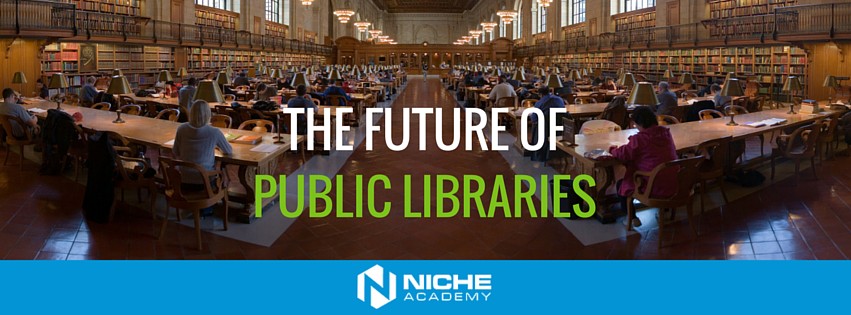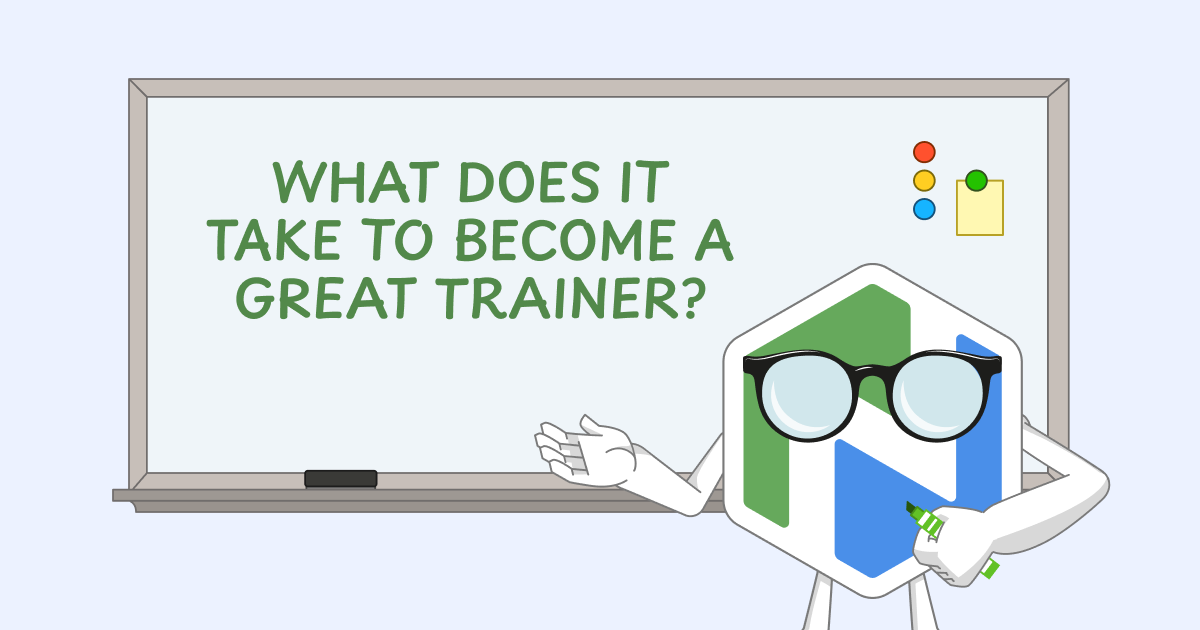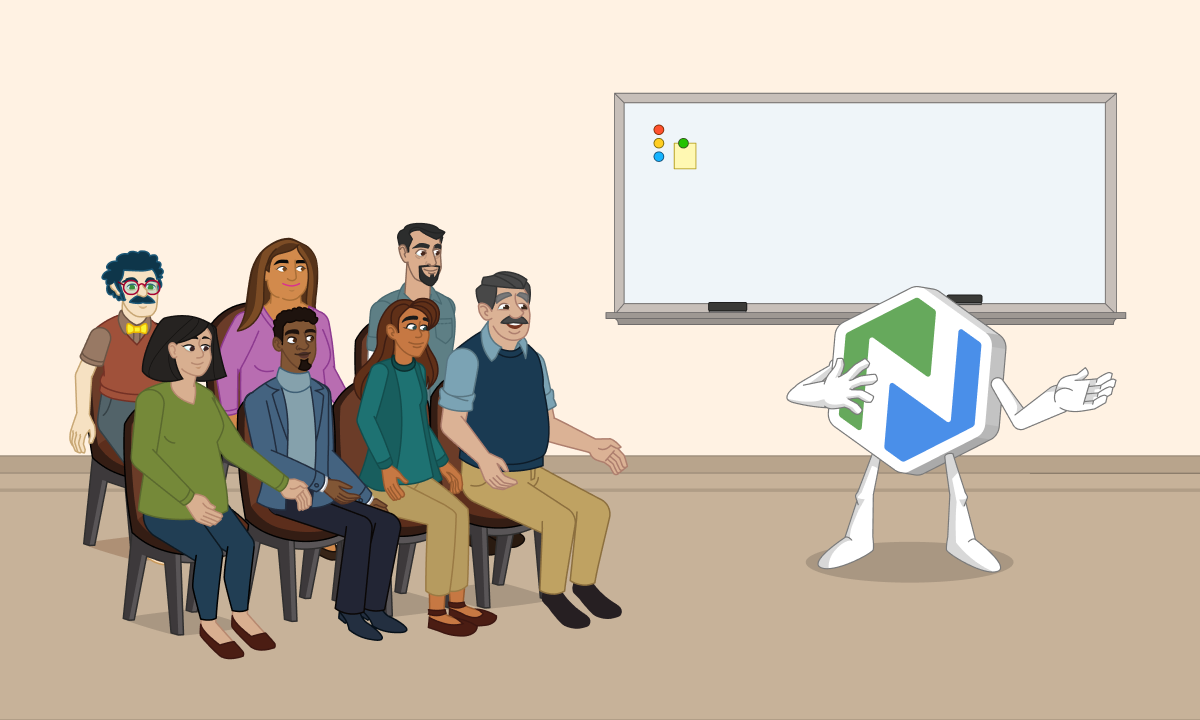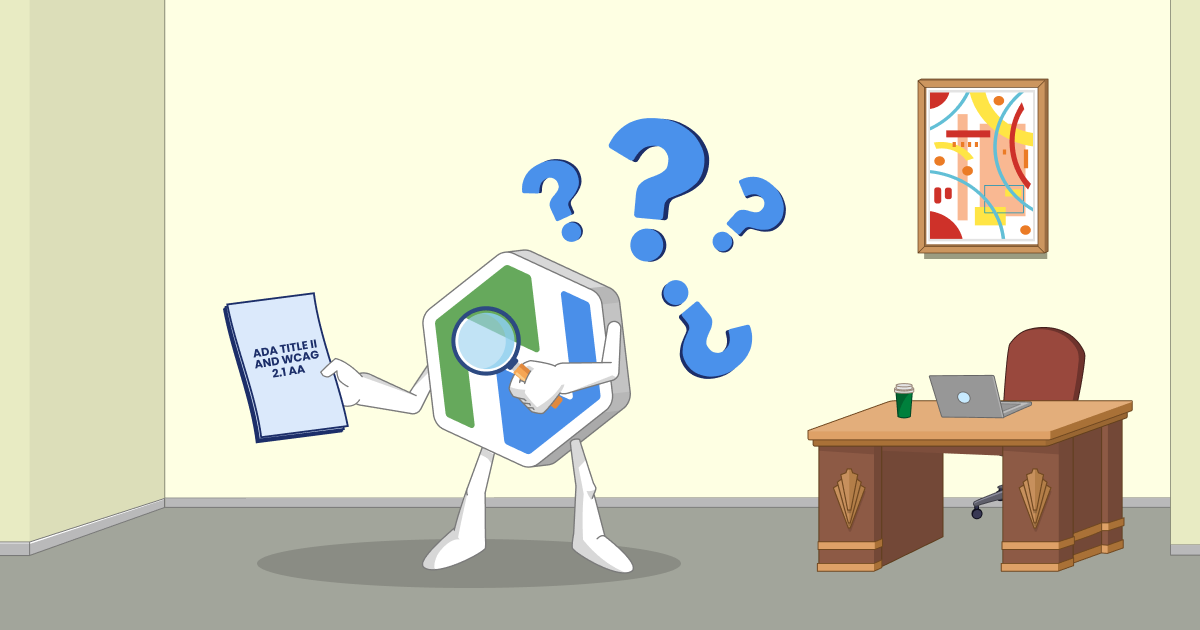The Future of Public Libraries
I must be feeling bold this morning because I’m about to predict the future of public libraries.

I must be feeling bold this morning because I’m about to predict the future of public libraries.
Here goes:
Libraries of the future will become first class, publicly funded educational institutions that fill gaps in the formal or traditional education system.
Examples of those gaps include the following:
- Early childhood literacy
- Personal enrichment learning
- English as a second language
- Entrepreneurship and small business training
Libraries of the future will provide outcome-based, rather than credential-based, education. With outcome-based education, success is measured entirely by how the learner uses the learning, not by completion of a prescribed set of steps. The question is not “Did you finish the course?”, but rather “Did your small business solve a particular problem?”, or “Are you communicating better in English?”
Library curriculum is, of necessity, a very local phenomenon because it responds to very local needs. A couple of examples by way of illustration:
- An urban public library with a large number of first generation immigrants may decide to focus on English language education in addition to early literacy programs and homework help.
- A suburban public library that serves a large number of retirees may focus more on personal enrichment education like art classes, genealogy, literature, and history.
In purpose and intent, this is what libraries have always done. What’s changed is the way that educational experiences are delivered. Outside of in-person classes or “programming” experiences, books used to be the primary education delivery mechanism in libraries. Now, knowledge is delivered through online courses, interactive learning tools, websites, eBooks, research databases… Some of those resources are free, some require subscriptions. Libraries can leverage institutional funding to offer both.
As a result of these changes library workers need a vastly different skill set. Gone are the days when librarians could focus on selecting from the offerings of publishers and then on cataloging, caring for, and circulating printed materials. Today, and into the future, effective libraries will be constantly, actively, engaged in understanding community needs and identifying the educational resources that will best meet those needs. Their role is to match people with the best possible educational resources for their specific needs. In some cases, libraries will produce those educational experiences in-house. In other cases, they will identify the best available resources and then find effective ways to market those resources to their customer (patron) base.
Some libraries won’t adapt to this more complex model. These libraries will simply fade away. Libraries that successfully make the shift to becoming first class educational institutions, however, will thrive as never before.
So, that's my prediction. Would love to hear from you in the comments. What do you think is the future of libraries?

.png)
.png)

.png)
.png)

.png)
.png)

.png)
.png)
.png)